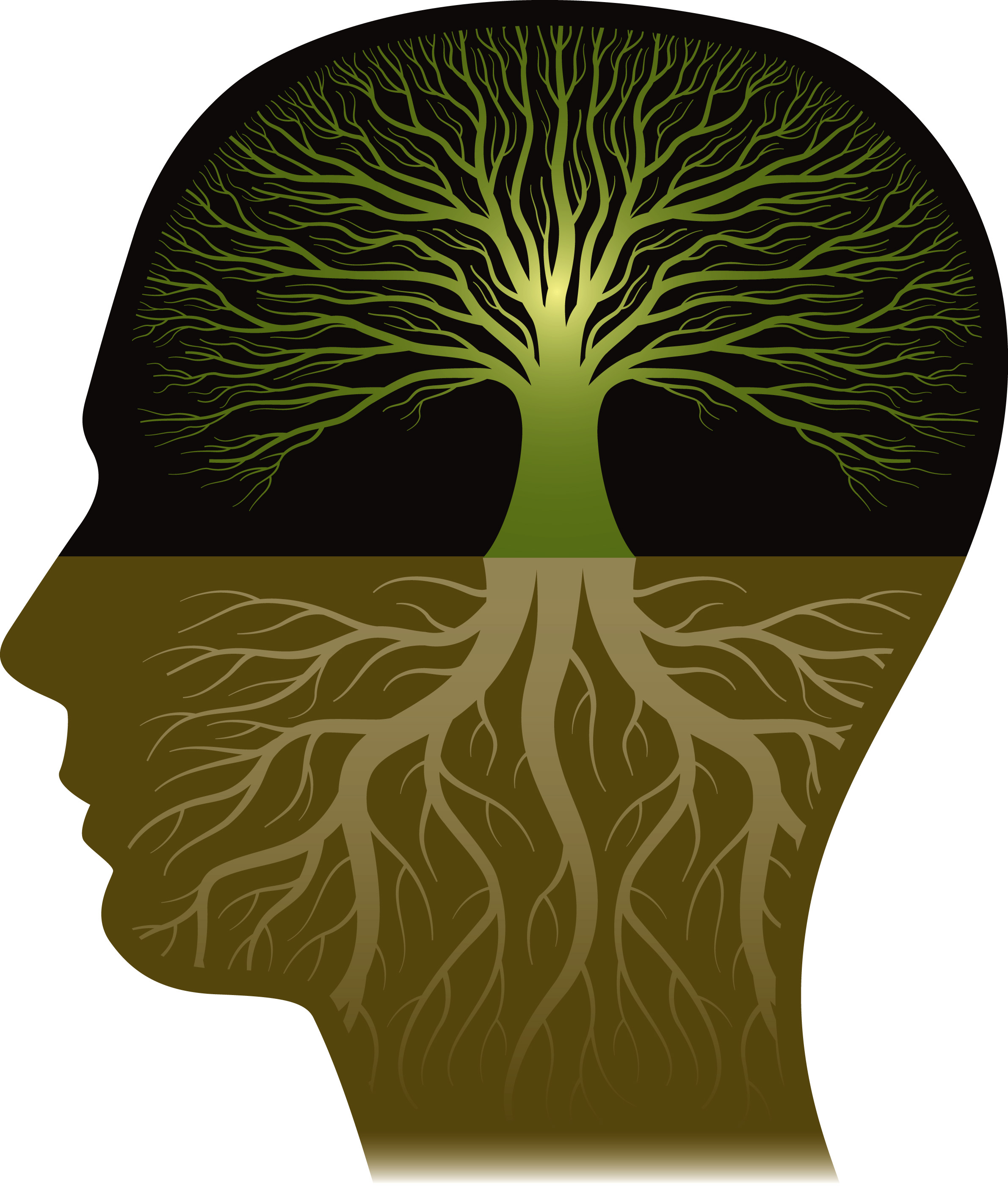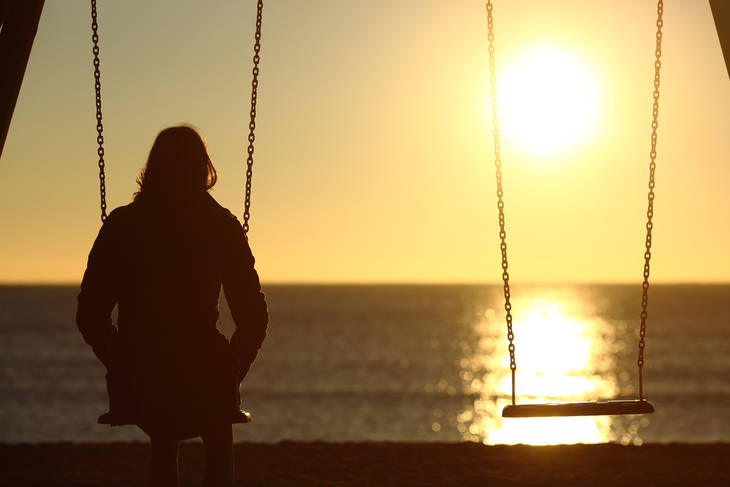I’ve never been one for Zen koans. They’ve always seemed to me to be trick questions designed to produce insights that simple, undivided observation can engender. But here’s a kind of koan: What is learning when it is based on unlearning?
 A corollary of this question is just as paradoxical–is there a knowing that is not a matter of knowledge?
A corollary of this question is just as paradoxical–is there a knowing that is not a matter of knowledge?
In philosophy, this entire area of inquiry is known as epistemology, defined as “the branch of philosophy that studies the nature of knowledge, in particular its foundations, scope and validity.”
To my mind, knowledge is of two types—scientific and practical, and psychological. Neither has anything to do with the awakened state.
The accretion of scientific knowledge has helped humankind tremendously to materially advance. At another level, practical knowledge is essential to function, and enable people need to build a house or drive a car.
But much of the content of knowledge that people lug around is of the worthless, cluttering, chattering variety–what is usually called ‘experience.’ Most experience is just the residue of the past.
In fact, experience can be defined as the accretion of the past, whereas experiencing takes place when one is fully present, without the shadow of the past.
Experience is stored in memory and leaves an emotional trace. A grudge is a kind of experience, pertaining to how someone did me wrong. Not resolving and ending that experience, grudges harden into hate, which is the most destructive kind of mental and emotional knowledge, leading to war.
Therefore as proud as humans are of our capacity for learning, unlearning is even more important than learning. So can unlearning be taught? And can a non-accumulative kind of learning be conveyed?
Recently I watched a documentary about a species of heron that had learned how to ‘fish,’ but was unable to transmit that knowledge to its offspring.
The heron normally feeds on fish it nabs after waiting and watching patiently for its prey in the shallows. By observing children throwing bread to fish in a lake, a few exceptional herons learned how to use bread as bait.
These genius herons would scoop up a piece of bread, fly off to another part of the lake, and carefully place the crumb in the water. When a fish surfaces to eat the morsel, the heron grabs it.
Managing to be at once speciesist and sexist, the documentary ended with this silly statement: “But sadly, the herons don’t learn from each other; when this one dies, his knowledge dies with him.” In other words, each heron has to learn the trick anew, and cannot pass it on to others.
Beyond gender and species bias, the implications in this example of animal learning give insight into the two kinds of human learning.
Knowledge is accumulative, and can be passed on to succeeding generations. But insight and understanding depend on continually unlearning what we know and think we know.
How is that kind of learning to be conveyed? Can teachers and parents teach children to not carry over unnecessary knowledge?
To learn the art of meditation is to realize, each time, that there is nothing to learn, no goal to attain. The intent is not to add more knowledge, but to free the mind from the grip of knowledge, both useful and useless.
So meditation involves unlearning and non-accumulative learning, which come with insight that isn’t translated into knowledge. Human survival and growth now depend on this completely different kind of learning.
Obviously, it must be possible to convey these things, or I couldn’t write or speak about them. Part of problem is developing a language for this new territory. But the real issue is not letting words and ideas become a substitute for actually exploring the inner landscape and continually learning, without accumulation.
A young child learns by watching. If she sees adults who are deeply aware, she will develop awareness. There is no method, no technique, no ritual to awaken awareness, since these things are all still a matter of knowledge and conditioning.
Is it possible to raise children without accepting and condoning conditioning, and to show them how to keep their minds and hearts unconditioned? That is true freedom, and love.
To look with eyes and mind and heart that have been bathed clean of conditioning, of prior experience, of the past, and see again as a young child sees, is to remain young in heart and mind.
Martin LeFevre

